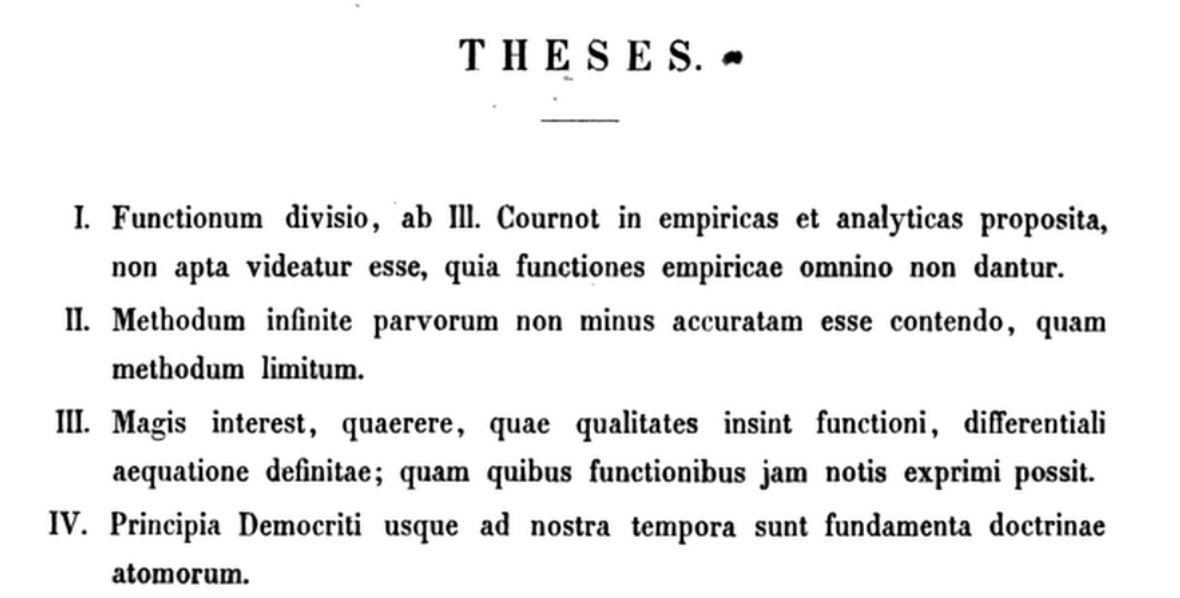Did anybody here ever read those lines by R. Schmidt (?) where he talked about the terseness of articles in group theory in the days prior to the conclusion of the classification of the finite simple groups?
The complete story might have appeared in the Notices of the AMS or a similar publication or in an online recollection of group-theoretic anecdotes; I think that I read it 14 or 15 years ago. All I can recall is that, at some point of his write-up, R. Schmidt (?) brought up that famed Group Theory Year in UC (1960-1961) and a hilarious exploit by J. H. Conway and David Wales from the epoch.
I really hope that somebody out there has read it recently and can tell me where I can find it again.
Thanks.
Added (Nov 8/2010) The said Conway incident went something like this: "one day he (Professor Freese, as you can read in the first reply to the thread) found Conway and Wales working with some relations and generators. Conway and Wales said they wanted to see if it was a group what they had there. Professor Freese could not help but ask
How could it not be?,
to which, they immediately replied
It could be infinite!"
Added (Nov 19/2010) I'm sure that in that elusive note one could also find the following story:
"A typical journal page(?) in those days would look something like this
Theorem. All groups are finite.
Proof. Deny."
I also remember that I didn't really get the joke at the time, but that's another story…
Does any of you remember reading something like this once? C'mon fellas! I know I could not have been the only one in here to catch it back in the day.

Best Answer
As William DeMeo says, I was the one who told this story. I was a grad student at CalTech from 1968-72. One quarter John Conway was visiting and working with David Wales, searching for finite simple groups. CalTech had an afternoon tea everyday. Conway and Wales had a group presentation on the blackboard and I asked what the problem was. They said they were trying to determine if it was a group. After a minute I got up the nerve to ask them how could it not be a group. They both turned to me and in unison said "It could be infinite!"
I believe this search did construct a simple group of order 145926144000 that Rudvalis had suggested might exist. It is sometimes called the Rudvalis-Conway-Wales group.